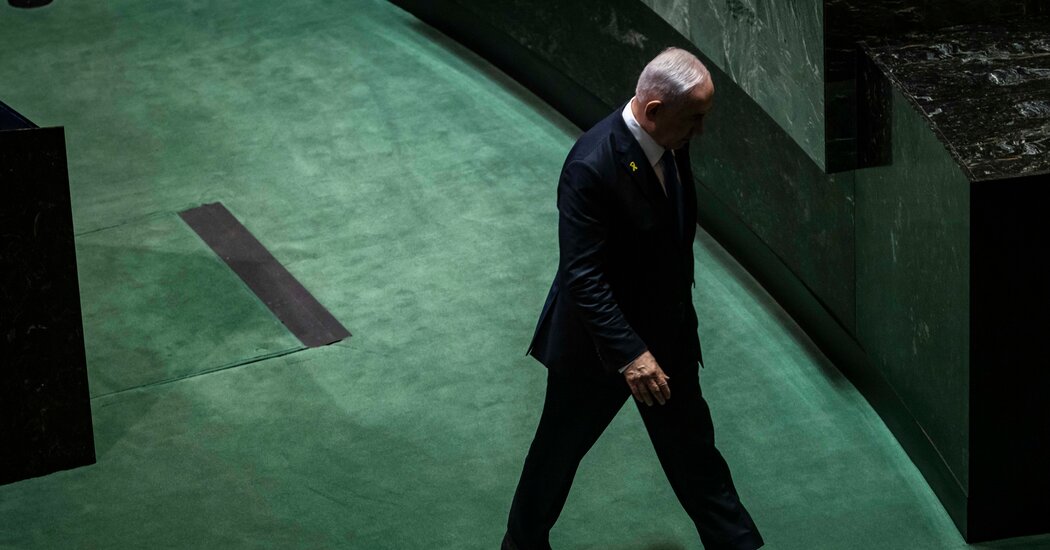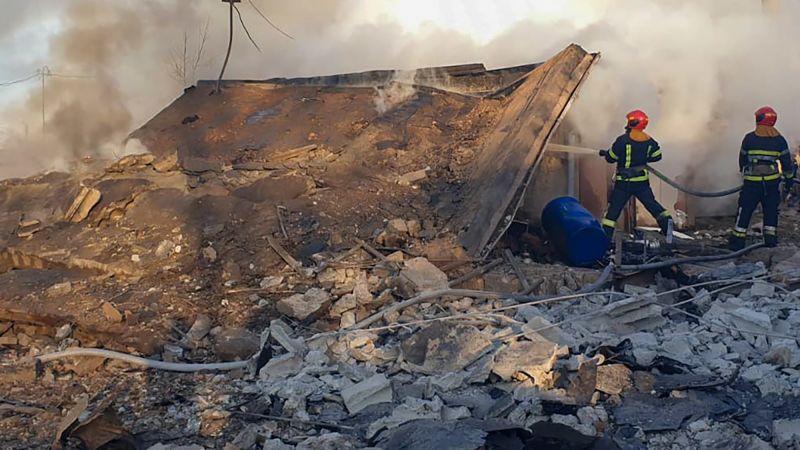The arrest warrant issued by the International Criminal Court (ICC) for Israeli Prime Minister Benjamin Netanyahu presents a dilemma for governments worldwide: whether to apprehend the leader of a democratic nation that is also a close ally to many of them.
The warrants, released on Thursday, call for the arrests of Mr. Netanyahu and his former defense minister, Yoav Gallant, marking a significant diplomatic milestone as it is the first instance where leaders of a contemporary Western democracy have been accused of war crimes by a global judicial entity.
However, this situation also highlights the considerable limitations of the court’s jurisdiction and the inconsistent enforcement of previous warrants. The ICC has 124 member states, all of which are legally required to execute the arrest warrants if Mr. Netanyahu, Mr. Gallant, or any other individual sought by the court enters their territory, even inadvertently, such as through an emergency landing due to a flight issue. Philippe Sands, an expert in international law who has presented cases before the court, stated, “These warrants are binding on all parties to the ICC.
If they enter the territory of a member state, that state is obligated to arrest and transfer them to The Hague. This is quite a strong obligation.” However, neither the United States nor Israel are signatories to the court, nor are countries like China, Russia, India, and others. Even among the signatories, compliance with the court’s arrest warrants is not guaranteed, particularly when it involves leaders of influential nations.



